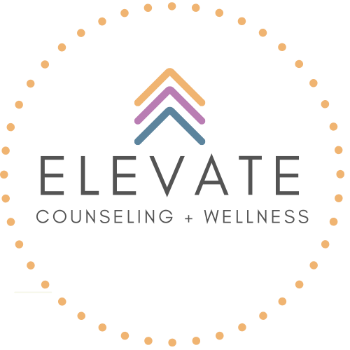When was the last time you really thought about your relationship with social media? If you’re like most people, you probably use your preferred platforms without much of a thought. You check your phone whenever you have free time, and you freely scroll through all the updates, statuses, and photos.
But living on auto-pilot may have serious consequences for your emotional well-being. Social media is a powerful force- and not always in a beneficial way.
Setting social media boundaries can help you feel more intentional and empowered in how you engage with this technology. Maintaining these boundaries becomes especially important if you feel like social media has adversely impacted your mental health. Here are some helpful limits you might want to consider.
Establish Your Social Media Intentions
Why do you use social media? It may seem like a simple question, but take some time to explore your rationale.
Your answer should help you recognize if you’re being congruent with your social media habits. For example, if you value sharing about your life with loved ones, it doesn’t make sense if you heavily edit your statuses or photos to make it seem like everything is always perfect. Or, if you want to feel more connected to others, it would be counterintuitive to replace real-life interactions only to stay at home and scroll through your phone.
Perhaps social media is a venue to learn new things (hello cooking on TikTok!). If so, are you focusing on the content that you want and helps you feel good? Or do you still look at content that often leaves you feeling like you're missing out or deflates your sense of self? Staying focused on your intentions will help you develop a social media feed that is fun and refreshing.
If you use social media, your consumption should elevate your life and support your goals. If it’s making you feel worse about yourself, it’s certainly worth reassessing.
Set Social Media Time Limits
How often do you spend scrolling through social media each day? The average daily use is just about 2.5 hours, although this number tends to skew much higher for younger people.
If you feel like you compulsively need to be online- or if you feel anxious without your phone near you at all times- this may signify the need to cut back your consumption. Social media addiction is very real, and it often begins as a way for people to escape reality.
Time limits are important for protecting your emotional well-being. What do you consider to be a reasonable amount of time to spend on social media? Start with a baseline, and commit to adhering to it for at least one week. See how you feel afterward, and adjust appropriately.
Commit to a Purge
There’s a good chance that you belong to groups that you have no desire to participate in. There’s also a good chance that you follow or are “friends” with people who don’t bring any real joy or meaning to your life.
Physical clutter isn’t good for you, and the same mindset applies when it comes to digital clutter as well. A social media purge allows you to evaluate the role certain social media associations play in your everyday life.
When purging, it can be helpful to ask yourself:
-
What exactly does this platform/friend/group bring to my life?
-
What predominant emotion do I feel when interacting with this platform/friend/group?
-
How would I feel if I eliminated their role in my life right now?
Block or Ignore Negative Associations
If certain people, pages, or organizations trigger you to feel angry or upset, avoid interacting with that content. You aren’t getting any positive benefits- in fact, the more you spend time consuming this material, the worse you will likely feel.
Remember that you don’t owe anyone an explanation. You can leave a group or stop a conversation at any time. It is your inherent right (and responsibility!) to make sure that your social media relationships feel positive and uplifting.
Consider a Detox
Digital detoxes can be profoundly beneficial if you feel frequently detached or distracted as a result of social media. Furthermore, if social media is making you feel worse about yourself, you may need to take a step back and reevaluate.
When considering a detox, think about what you want to achieve. Do you want to have more free time? Do you want to see what it feels like when you eliminate doomscrolling?
A social media detox can be anywhere from a few days to several months. Commit to a time that feels reasonable, and write down the limits you intend to enforce. If you break a limit, avoid berating yourself. Instead, be curious and mindful and try your best to get back on track.
Final Thoughts on Social Media Boundaries
Social media can have many positive benefits, but it’s important to be mindful of how you consume this technology. Staying conscious and mindful allows you to make optimal decisions for your emotional well-being.
Therapy can offer you a road map for implementing healthy social media boundaries. Ideally, these boundaries will support you in living a fuller and more meaningful life. Contact us today to get started.

